Outrank Competitors: Rank Higher with Listing Optimization on Etsy
About the Client Shop Name: CrystalHealStore Marketplace: Etsy Focus: Bohemian & Ayurvedic-Inspired Fashion Location: Global
Whether it is a brick and mortar business or an online business, Marketing & Branding impact sales. Thus, How to do Shopify store marketing with Shopify Experts?, remains a very important question for the Shopify merchants.
Thereby, Shopify has built a community of Shopify Experts who hear the concerns of the Shopify merchants and provide them help in the following marketing categories:
Search Engine Optimization and Paid Search are collaboratively responsible for increasing the visitors to your Shopify store. SEO & Paid Search form an important part of the answer to How to do Shopify store marketing with Shopify experts.
This consists of methods to make the content of a website comprehensive for the search engines. This includes Keyword Research and Incorporation, Content Framing, and Keyword Optimization. Moreover, it also includes speed and site structure optimizations. Once you have done the On-Page SEO of your website, it is important to optimize your pages for crawling and indexing. Crawling refers to the practice by the Search Engines to send out robots for spotting the newly updated or created web pages. While indexing refers to adding web pages in the Search Engines.
Since Shopify provides a dedicated section for the meta information of the products and pages, it becomes very easy to execute the On-Page SEO of your Shopify store.
The basis of the entire concept of the Off-Page SEO is internal as well as external link building. The backlinking, that is fetching links to your website/domain from high Domain Authority websites, linking your blogs to the other relevant pages on your website and social media promotions form an eminent part of this technique.
On-Page SEO refers to all the aspects that you can control and optimize for the better ranking of your site. These include factors such as the content of your website, alt tags and page speed.
While Off-Page SEO refers to all the aspects that contribute to increasing the domain authority of your website. Off-Page SEO generally refers to strengthening the backlinking to your site. Certainly, Backlinking refers to getting a link to your website from a high authority domain. It also includes social media marketing and brand mentions.
Any and every website would want to see itself ranking higher on the Search Engine Result Pages (SERPs). That is what the practice of SEO does. It helps your website become easily crawlable and hence, readable by the Search Engines.
SEO is specifically important because:
If you employ professional help to improve the SEO and Paid search visibility of your store, then you can just sit back, relax and wait for your website to rank higher in the SERPs. The expert considers all the relevant aspects of SEO and paid ad campaigns to come up with the best strategy.
According to an article from https://instapage.com/, today, search engine advertising counts for about half of the total digital marketing ad spend. Search engine advertising refers to the display of your ads in search engines like Yahoo (Now Oath), Google and Bing. The major benefit of advertising brands in the search engines is that your products and services reach a targeted audience who is very clear of its intent of the search.
To run a successful search engine advertising campaign, it is very important to have researched the prominent keywords related to your industry. After having finalized a few top-performing keywords, you bid on them and your campaign revolves around those keywords.
Pro Tip:It is preferred that the marketers must target a high-volume, low-competition keyword.
Search engine advertising is also known as Pay Per Click (PPC). This is so-called because the advertiser pays an amount only when the ad run by him is clicked.
The key components of the Search Engine Advertising include:
It refers to the practice of promoting your brand, products, and services on social media platforms such as Facebook, Twitter, Linked In and more. When we were thinking of how to go about this topic, this particular section seemed to form a prominent component of the answer to How to do Shopify store marketing.
5 essential components of a successful Social Media Marketing Campaign include:
If conducted well, Social Media Marketing Campaigns can prove to be a great asset for your business.
Social Media Audience Research refers to the analysis of your targeted audience and realizing what is of the most help for them.
Having a clear idea about your audience’s demographics, locations, preferred device, and other details is crucial. If you have this information then it becomes quite clear as to how you need to go about creating your social media marketing campaigns.
Social Media Research data can also be used in Product Development in the long run. Of course, with the advent and expansion of Artificial Intelligence, Social Media Research will become easier and comprehensive but till then, hiring experienced professionals can be a great choice to know accurate data about your audience within the desired duration.
Shopify Experts can help you know the reliable details about your audience so that you do not have to juggle doing the same.
For eg: If you run an apparel business, the experts can help you know whether most of your visitors/buyers are male or female, the age group they belong to, whether they operate your store through mobile or any other device and other such information that helps you in defining your marketing goals.
It refers to the posts, videos, gifs, and other content that you share on your social media accounts to create brand awareness and promote your products & services. If the social media content is well-framed, then, it results in having maximum engagement. This results in increased brand awareness.
Click Here to know about The 9 Types of Social Media Content You Need to Use in 2020.
Social Media Content is the root upon which your social media marketing strategy stands. Therefore, your social media content must be in alignment with the core values of your brand.
As they say:
Think like a publisher, not a marketer.
In order to notify customers of the new updates about your business, email marketing is a reliable method. According to the https://99firms.com , 59% of marketers say that email is the biggest source of ROI.
You can create the following campaigns to engage with your customers:
As an online seller, it is obvious for you to manage multiple tasks such as content management, sales management, product updates, etc. Therefore, having an expert to create custom email templates, perform email campaign setup and execute email automation can save much of your time. This saves time and effort which can be channelized in managing other tasks at hand. Thus, making email marketing a solid part of the answer to How to do Shopify store marketing.
Before you frame the content for your website, it is important to know your target audience. Hiring a Shopify expert for Content Marketing Research helps you achieve exactly that. With Content Marketing Research, you can also know the types of content (e-books, pdfs, blogs, etc), that are doing well in the market at that particular point of time.
Choosing to work around the right category of content results in getting the maximum traffic on your pages and hence, your website.
You can also hire an expert to create blogs, videos, and social posts that increase awareness about your brand. If you want to create content then you can hire an expert to create relevant content to expand your customer base.
Change is a continuous process. You can’t compromise with its flow, and when it comes to online marketing, the chances to compromise are null.
What 80% of marketers have adopted in this preliminary digital era as the latest marketing tactic is Visual content. Which now is emerging to be the biggest factor of branding as the brain processes visual content 60,000x than normal text.
For your Shopify store, visual content can create high engagement and sales, and it can widely help in branding. Visual branding covers a wide range of visual graphics like videos, infographics, images, gifs, banners for ads or home pages, etc.
Luckily, you can have the best of visual branding content as experts marketplace contains the Visual content and branding section. In addition, you can find the Shopify experts from all around the world to make your marketing campaigns and store effective and attractive.
They can help you to get the following-
Logo plays a very important role for any online business. It is by which a company is recognized. Moreover, it makes you stand out from the competition, there it has to be unique, expressive and eye-catchy.
Experts having years of experience can help you to get the best suitable logo for your brand.
The Ads for your banner should be straight, creative and eye-catchy. It has to be built considering the intent of the customers and platform on which it will be shown. You can hire them to get the customized banner for your online ads.
Banners are not restricted to be placed only on Ads, you can use them on the different pages of your store. Experts can help you to get the custom banners that can be placed on the desired page of your store, and you can show various offers, new collections, etc. on them.
A beautifully executed custom illustration can easily gain the attention of your customer more effectively than a photograph. However, a product photograph has other significance and can never be ignored.
Certainly, experts will help you create illustrations which can add a unique feel to your product to your store and are customized and personalized to your brand.
In a 2018 HubSpot survey, 54% of consumers wanted to see more video content from a brand or business they support.
The result of the above survey clearly reveals how much customers are attracted towards the video content. Video delights your customers, it enables them to get the better sense of the product by viewing them from 360-degree.
As an online brand, you can hire experts to create the following type of videos-
In the absence of a physical appearance between the customer and the product, it is an image or photograph that bridges the gap. Experts can help you to get the products’ photos which will highlight all the main features, along with the better representation of colors, sizes, etc.
But to keep yourself running in this highly competitive and vast arena of eCommerce, it is suggested to use only high-quality and attractive product images. That you can achieve through the proper editing.
Moreover, Shopify experts can provide you with the best edited images for your products, which will help you to cope-up with hazy and dull item photographs. They will transform your typical photographs into appealing images which will end up increasing more impressions and low bounce rates.
Through 3D model creation, you can achieve 3D visual representation of your products. This enables sellers to create an immersive Shopping experience. You can do this by hiring experts to create 3D versions of your products. It is emerging to be a better way of showing your product as it can be remolded and constructed easily after making any update in the product. Whereas, a product video has to be recreated again
Shopify allows you to connect your store to Facebook shop, Instagram, Amazon, eBay, messenger, etc.
Doing so allows the visitors of the respective platform to view your product without even leaving the platform. The visitors are redirected to the Shopify store just for the checkout process.
This is a method through which you incorporate multi-channel selling to your business. This way you provide multiple touchpoints for your buyers and hence, yourself, multiple ways to present your brand.
When you choose to set up & optimize your sales channel, you consequently choose to take care of the following:
Conversion Rate Optimisation refers to the practice of optimizing your website’s content, images and CTAs to generate more leads from the traffic that is coming to your website. Once you have done the Search Engine Optimisation of your website properly, it’s important to optimize the conversion rate of your store.
Following is the method to calculate the conversion rate for your store:
New revenue goal ÷ average sales price = number of new customers
Number of new customers ÷ lead-to-customer close rate % = lead goal
Leads generated ÷ website traffic X 100 = % conversion rate
“Click-To-Action” buttons play a very important role in the Shopify Conversion Rate Optimization.
CTAs can be placed in the Homepage, Blog Page, Pricing Page and Landing Pages. This should be made sure that the buttons take your customers to the points or the locations on your website where they get the maximum value. It is often advisable to write a long tail text as your CTA.
According to Baymard.com, 69.57% is the average online shopping cart abandonment rate.
Well, if you are wondering what is cart abandonment, then here you go:
Cart Abandonment refers to the process in which a customer drops out of the check out process without completing the transaction.
Research shows that 23% of the total checkouts take place due to long and complicated checkout processes.
Thus, in order to help the Shopify merchants, Experts look for ways to make the checkout process easier by enabling the Dynamic Checkout button on the Shopify store.
This refers to the feature of suggesting Shopify products to the users that visit a merchant’s Shopify store. Shopify enables the merchants to provide product recommendations to their buyers on the basis of commonly purchased products or products in the related collections. Product Recommendations makes it easier for the customers to choose the products that they want to buy. This helps them save much of their time. Adding a section of recommended products helps the buyers to discover new products.
All the content planning and marketing efforts boil down to sales strategy as ultimately the Sales Strategy is what extends the ultimate results (conversions).
A value-driven sales strategy includes a proper set of goals to be achieved based on the following questions:
- What problem does your company solve?
- Do you have a proper content plan to deliver information in your niche?
- What are your competitors doing?
- Are your marketing efforts doing well?
- How are your customers’ feedback?
Professionals can guide you through formulating a strategy that can work wonders for you. This can be accredited to their years of experience in the Shopify community. They understand the mindset of the visitors to your Shopify store. Hence, they give you guidance that is practical, concise, and reliable.
The basic concept of marketing is to understand the needs of your customers and cater to them in an organised way through different marketing methods.
The marketing methods can broadly be divided into two groups:
These refer to Blog Posts, Social Posts, Webinars, Podcasts, etc.
These include Search Engine Ads, Affiliate marketing, Banner Ads, etc.
After having set up a marketing campaign, it is extremely important to track and analyse the source and medium of your target audience.
You can track & analyze the audience by the following tools & means:
Having an experience of working in the Shopify community, a Shopify expert knows how to excel in the Shopify ecosystem. From store set up to marketing and sales, an expert knows the result-yielding actions. Therefore, Hiring a Shopify Expert in order to save time to channelize it properly in other activities will benefit the business.
Click to know more on How Hiring Shopify Expert can benefit your business.
After having set up your dream Shopify store, it is important that you must indulge deeply in figuring out the best way for Shopify store marketing.
Hiring a Shopify Expert can make your task much simpler in the sense that you get the best of the ideas and helping hands so that you can quickly see your store grow with amazing content, performance tracking, Sales Channel Setup, visual branding, and custom features for your Shopify store.
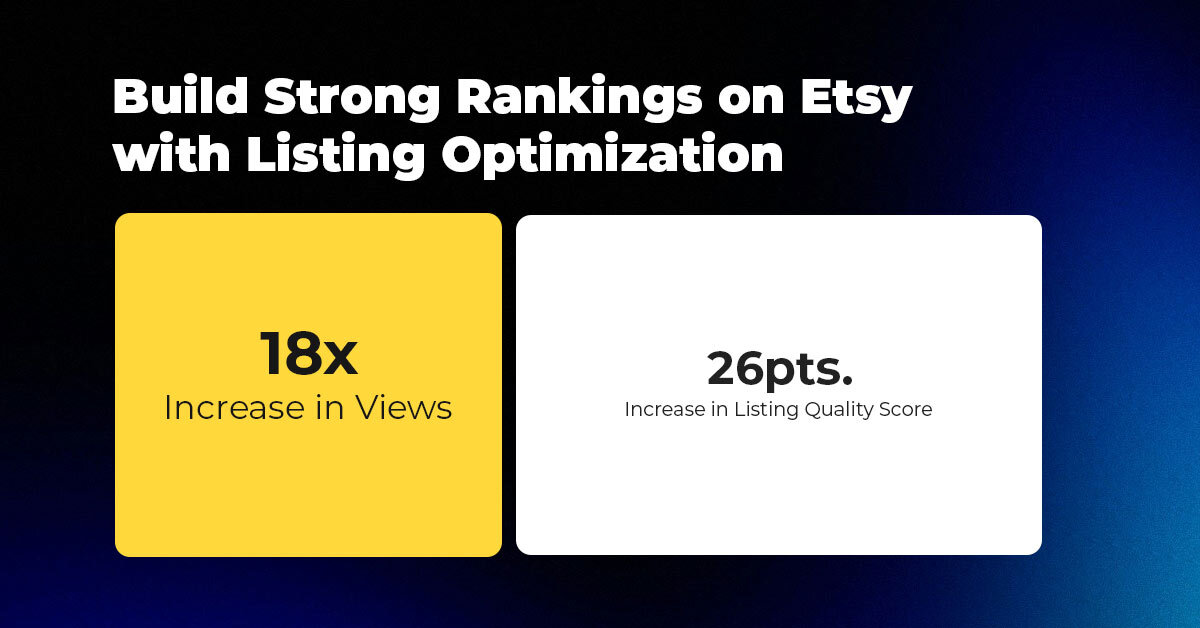
About the Client Shop Name: CrystalHealStore Marketplace: Etsy Focus: Bohemian & Ayurvedic-Inspired Fashion Location: Global
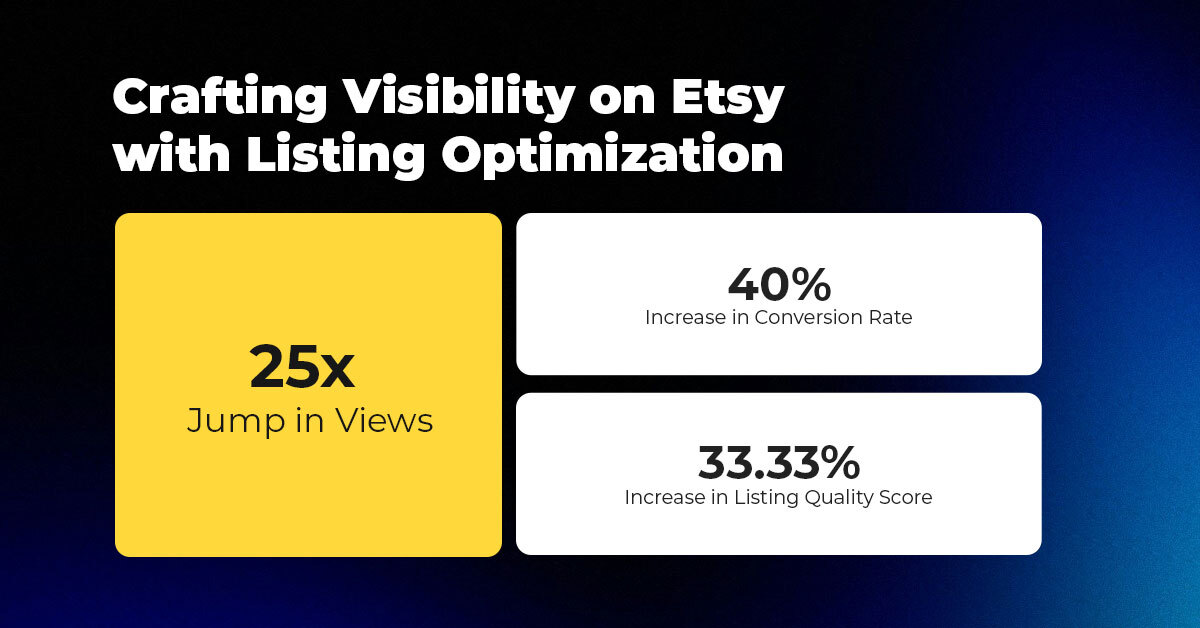
About the Client Shop Name: PinwheelCraftsStore Marketplace: Etsy Focus: DIY Craft Kits for Kids Location:
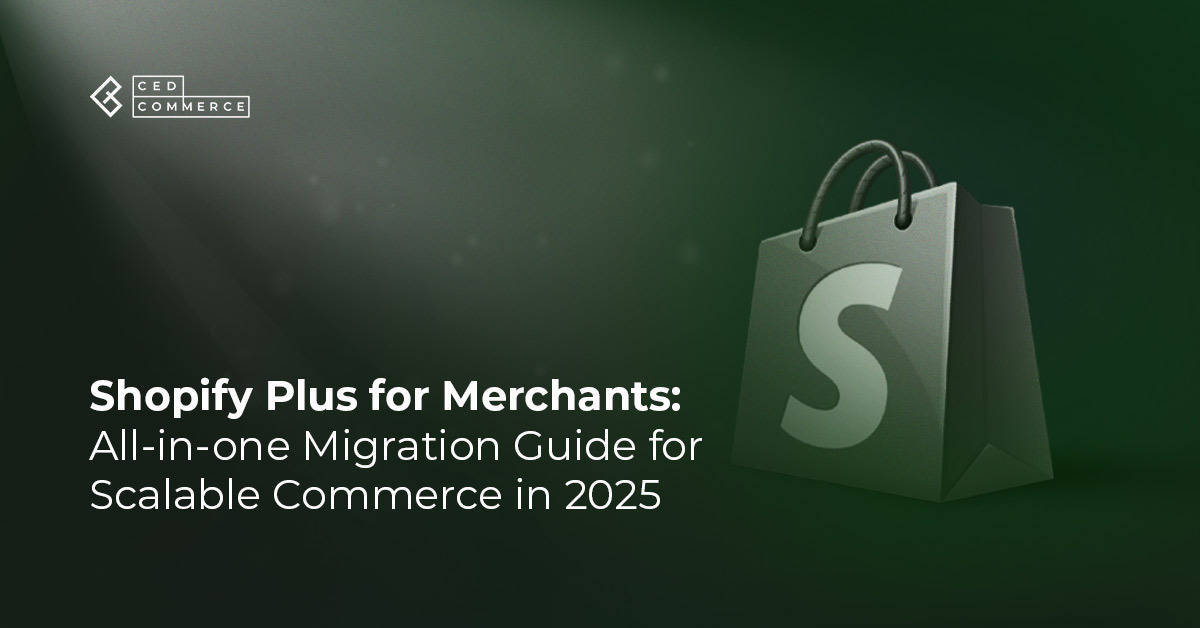
It just took one Black Friday crash for Gymshark to realize their growth had outpaced
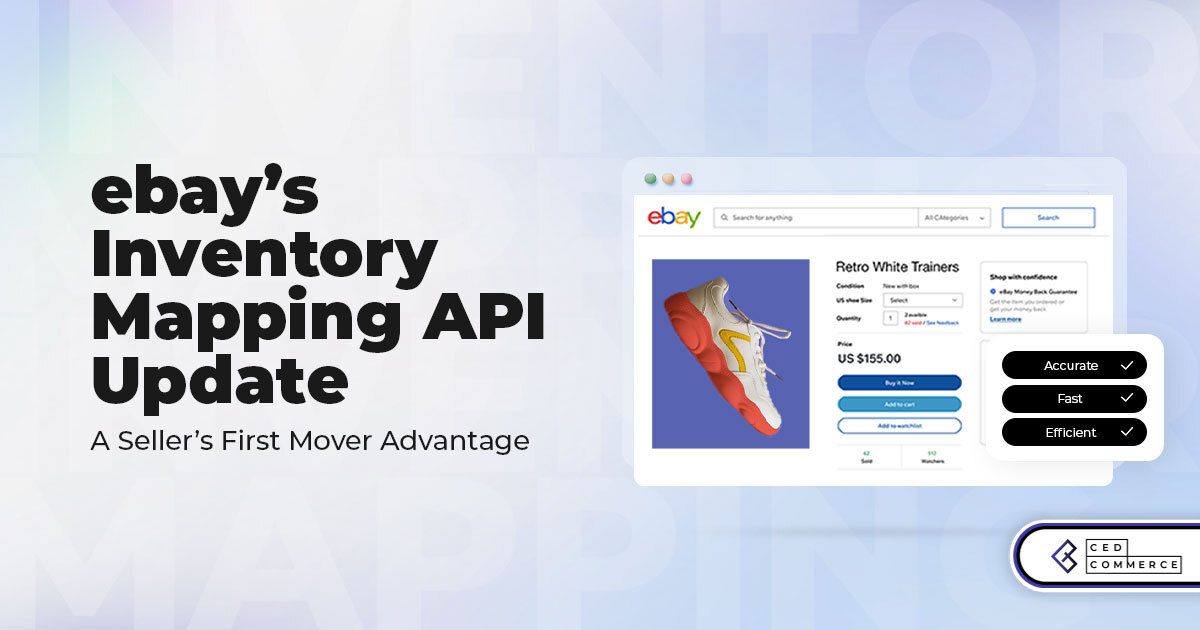
It takes on average 5 to 10 minutes to list a single product on the
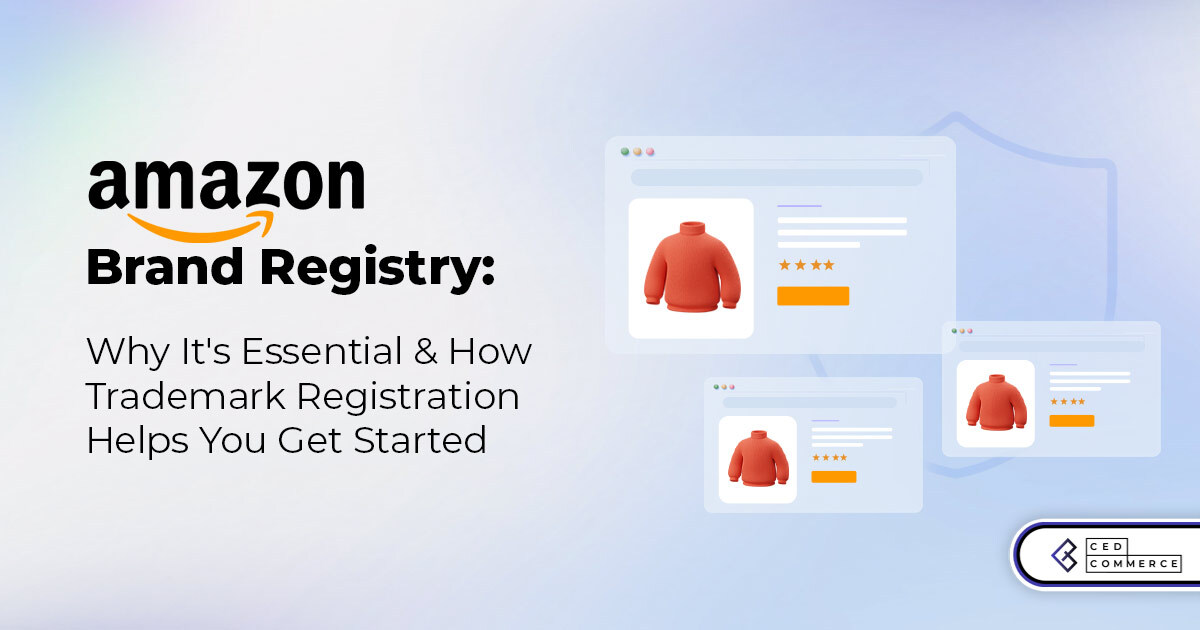
With millions of sellers on Amazon, protecting your brand has never been more important. Counterfeit
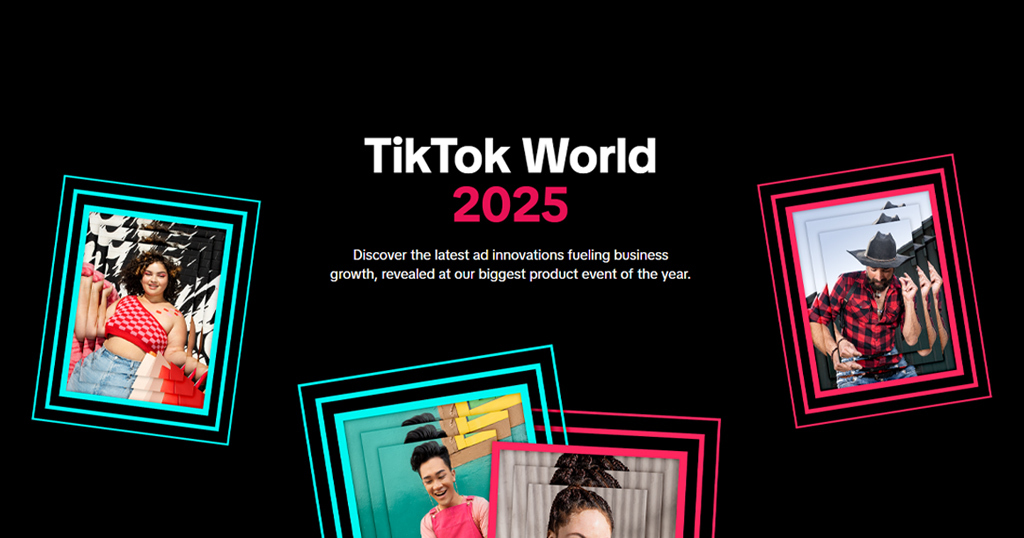
TikTok isn’t just setting trends anymore — it’s rewriting the playbook for performance marketing, creative
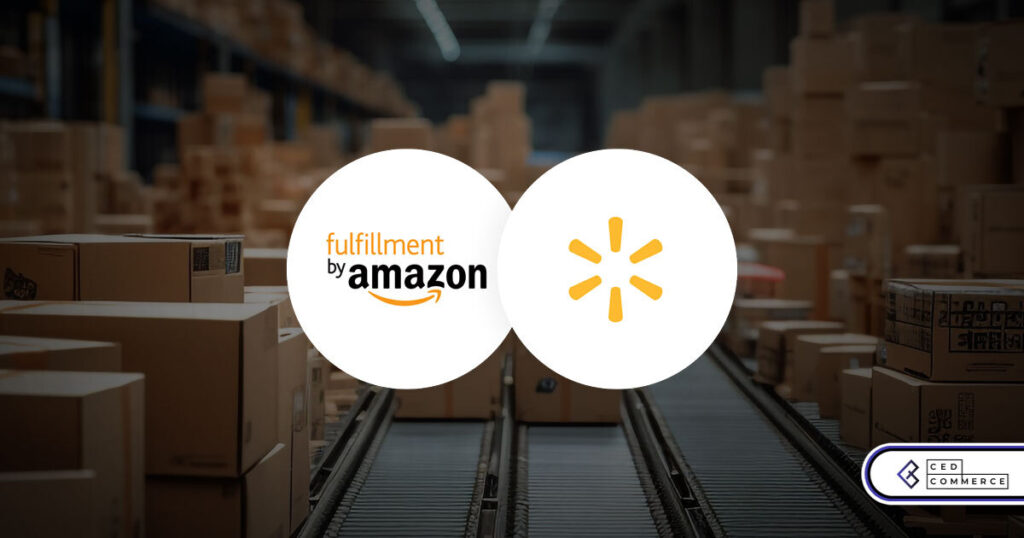
In a significant development for online retailers, Walmart has officially updated its policies to permit
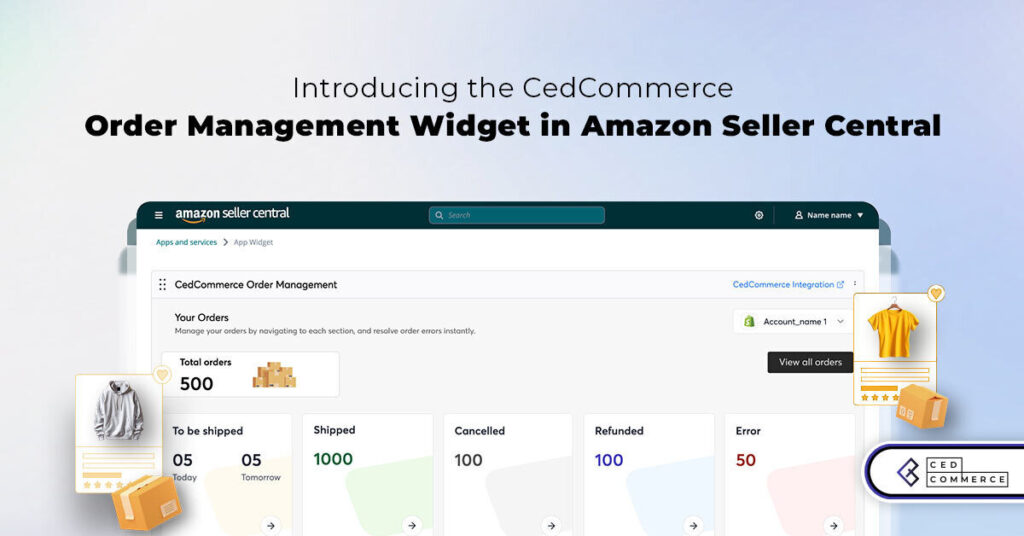
Are you encountering issues with Amazon order management across various sales channels? If so, everyday
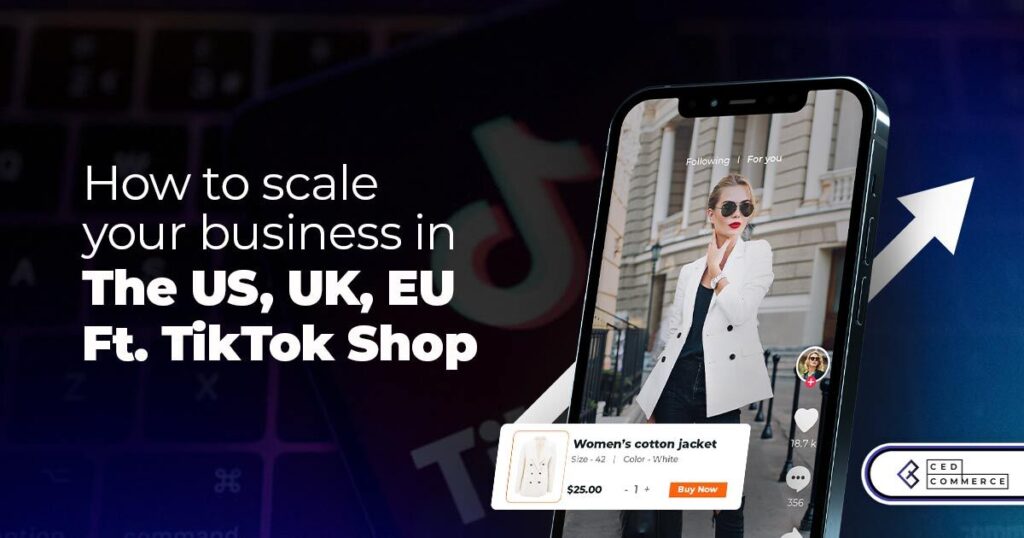
A Deep Dive into Selling Smart on TikTok Shop UK, TikTok Shop US, and TikTok
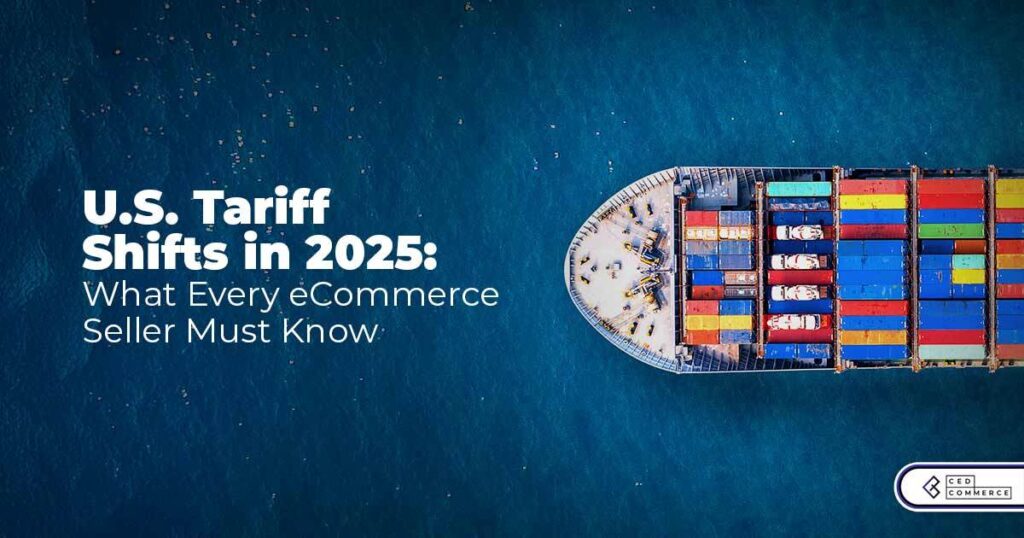
In a world where cross-border commerce fuels eCommerce growth, tariffs are no longer just policy
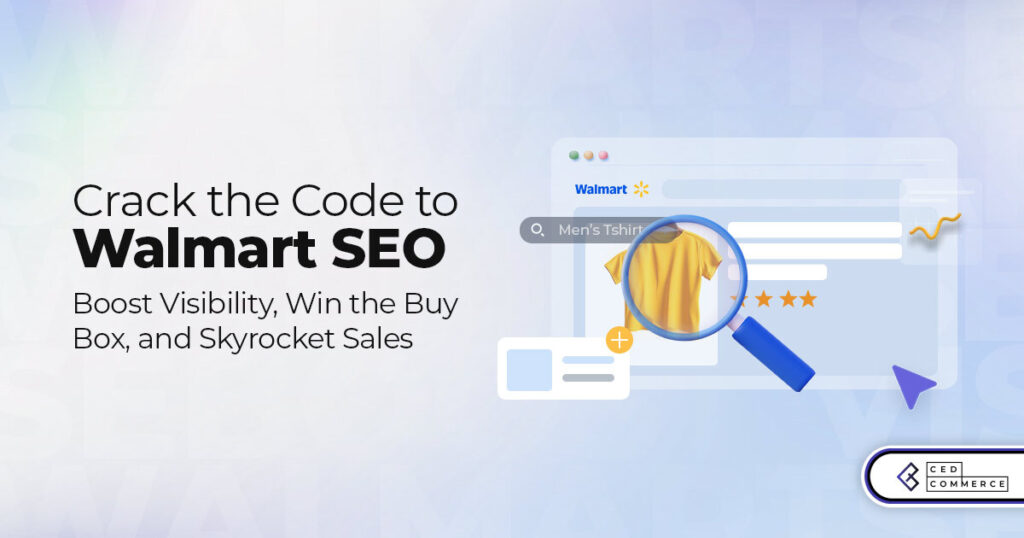
In the world of eCommerce, visibility is everything—and Walmart Marketplace is no exception. With thousands
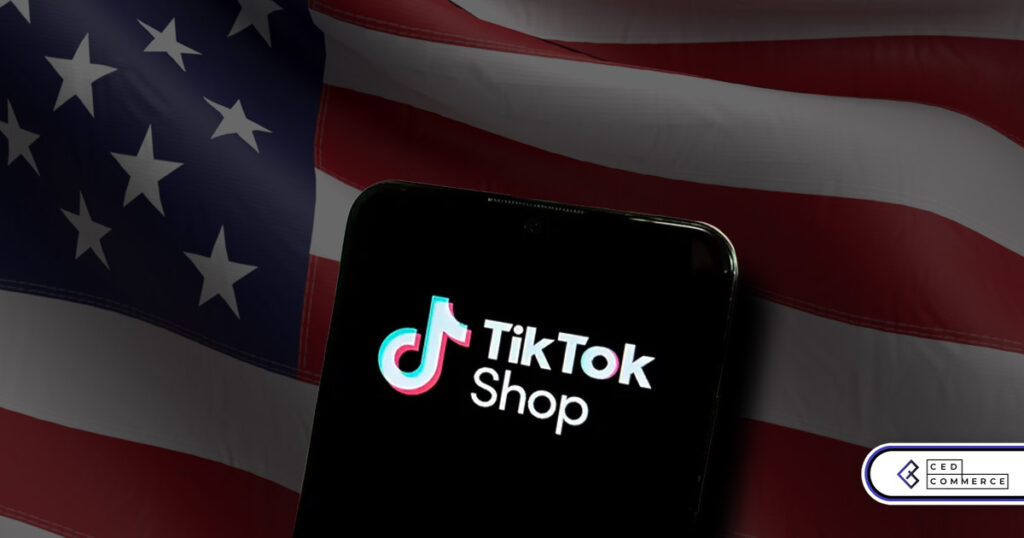
In what comes as a major relief for TikTok and its millions of users in
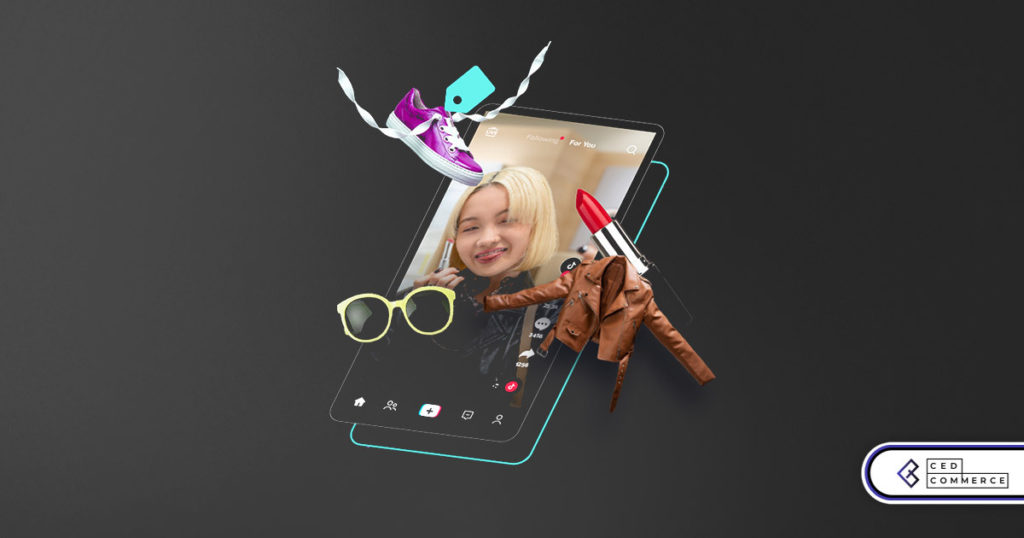
In a move aimed at enhancing product quality and boosting buyer confidence, TikTok Shop has

Selling on Amazon offers immense opportunities, but one of the most crucial decisions sellers face
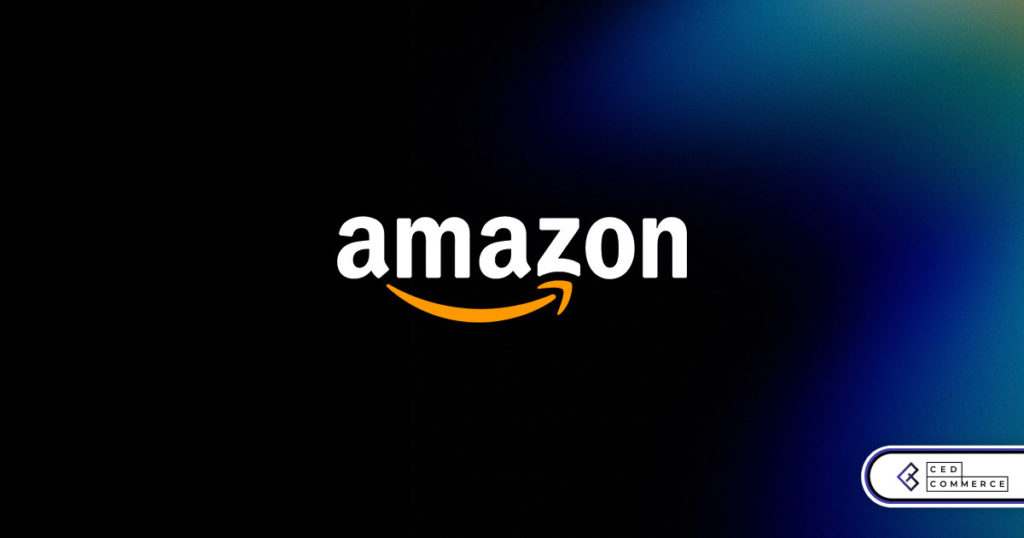
Amazon is doubling down on AI-driven selling tools, introducing a new AI-generated product enrichment pilot
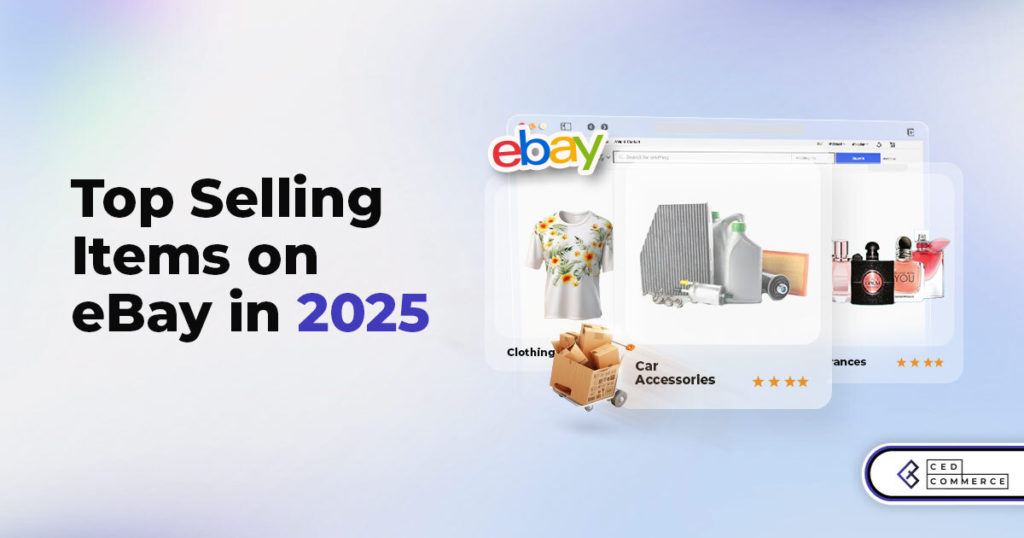
With over 17.6 million sellers on eBay marketplace, cracking the code behind the top selling
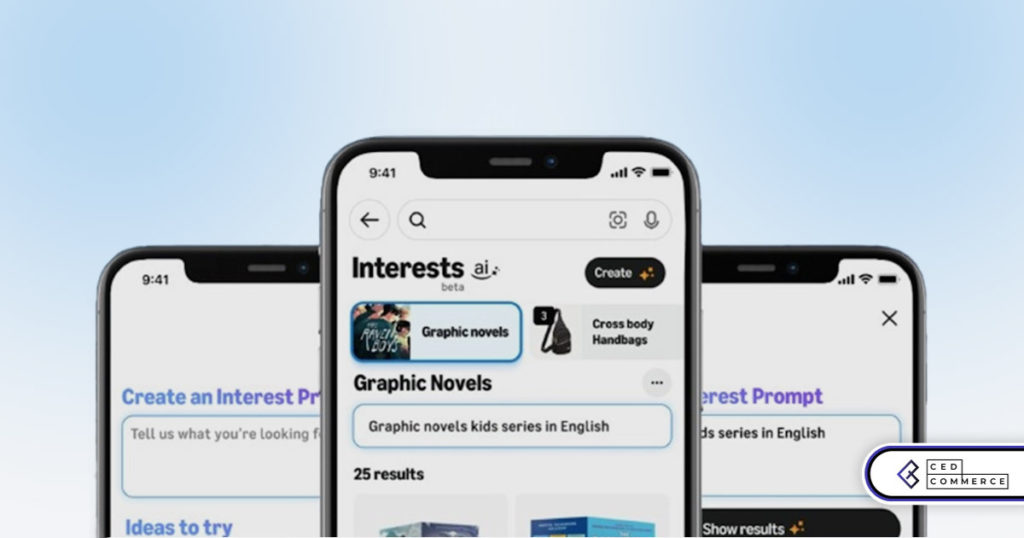
Amazon is doubling down on artificial intelligence, introducing the AI-powered ‘Interests’ feature that automatically finds
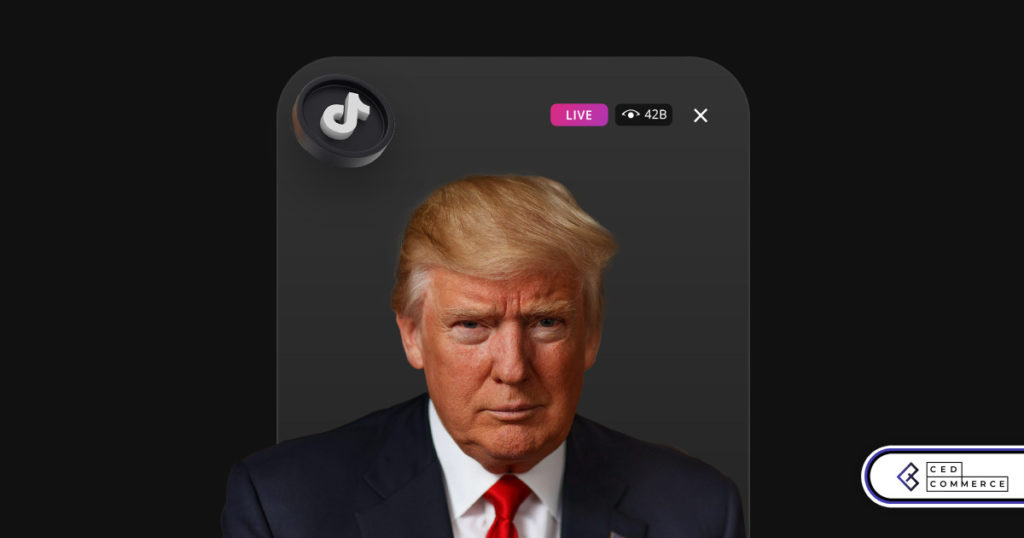
U.S. President Donald Trump has hinted that a TikTok deal is on track before the
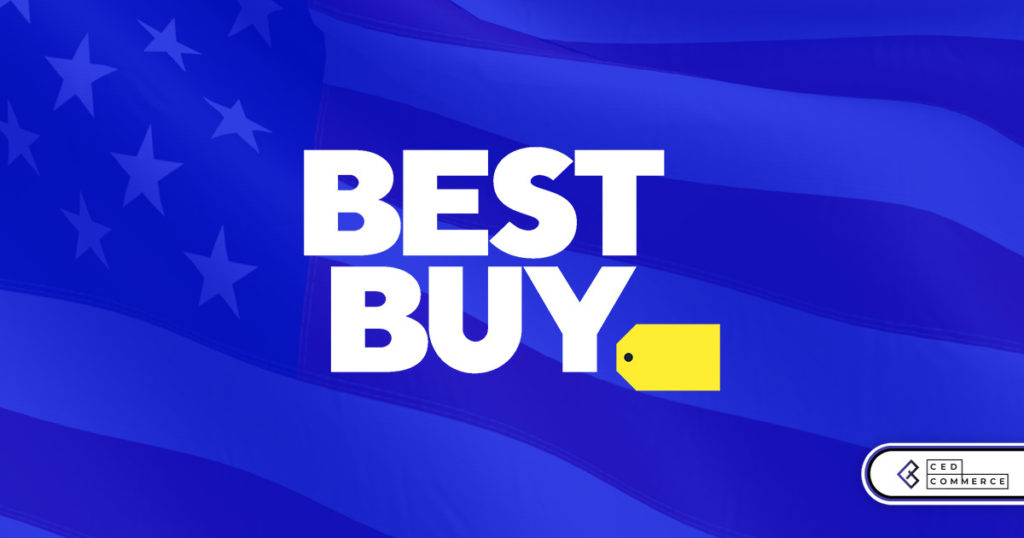
Nearly a decade after closing post its first attempt, Best Buy is returning to the
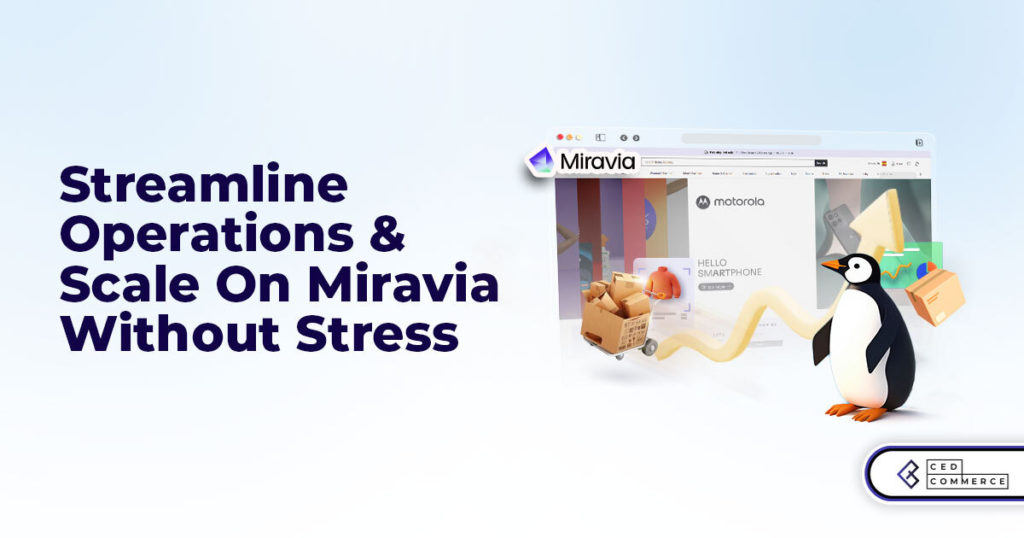
PrestaShop has long been a leading name in European eCommerce. With its flexibility, user-friendly interface,